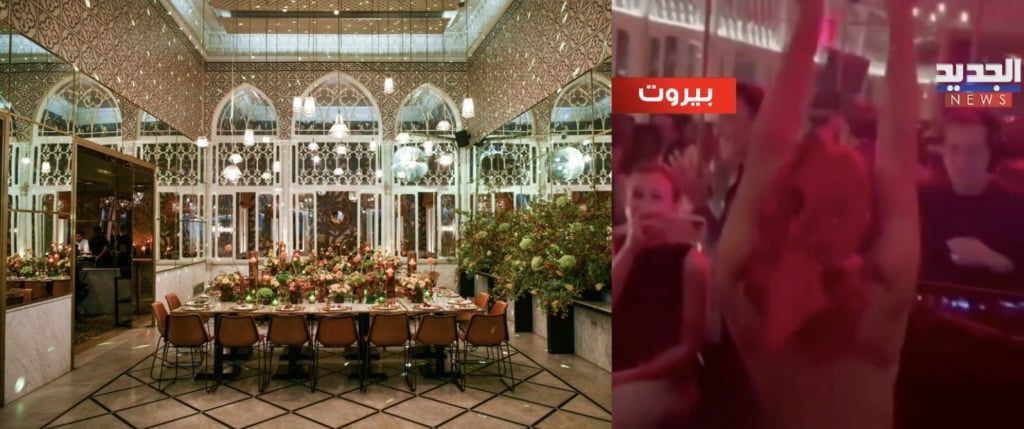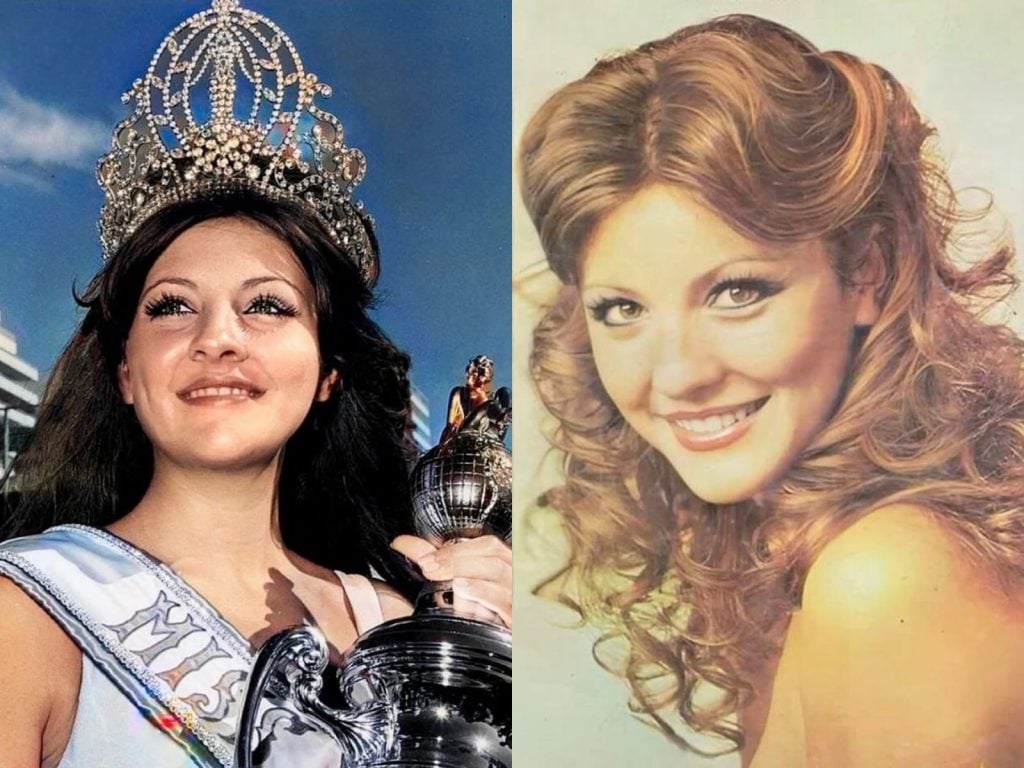No Day of Mourning for Ziad Rahbani: Did the State Fail Its Cultural Icon?
“ما تقلي طول بالك هيك اطول شي”
Today, as Lebanon buries one of its greatest cultural icon without a single day of national mourning, his words sting with bitter irony.
From the moment Ziad stepped onto the stage with Sahriyye in 1973, he rewrote the rules of Lebanese theater. His plays were a mirror held up to society, reflecting its contradictions with biting satire and fearless honesty. Productions like Nazl el-Sourour and Film Ameriki Taweel became revolutionary landmarks, challenging power structures and making people laugh even when the world outside was burning.
Then came the music. Ziad’s compositions, often voiced by Fairuz, gave Lebanon its eternal soundtrack. Kifak Inta, Sa2alouni el Nas, Oudak Rannan… all were companions to our childhoods, the backdrop to our heartbreaks, the poetry of our daily lives. His melodies carried a country through war, chaos, and fleeting hope.
For fifty years, Ziad Rahbani was the conscience of a nation. His words were sharp, his humor disarming, his truth uncompromising. He gave Lebanon a cultural identity when everything else was falling apart.
And yet, two days after his passing, there is silence. No national day of mourning. No symbolic pause. The same country that has lowered its flags for politicians, presidents, and even foreign dignitaries (such as Queen Elizabeth II) could not stop for one day to honor the man who gave Lebanon its soul.
Maybe Ziad would have laughed at the irony. Maybe he expected nothing. But for those of us who grew up with his words in our ears and his music in our hearts, it feels like a failure, a silence louder than any tribute.
Ziad Rahbani deserved more than this. He deserved a nation to stop, reflect, and simply say thank you.





